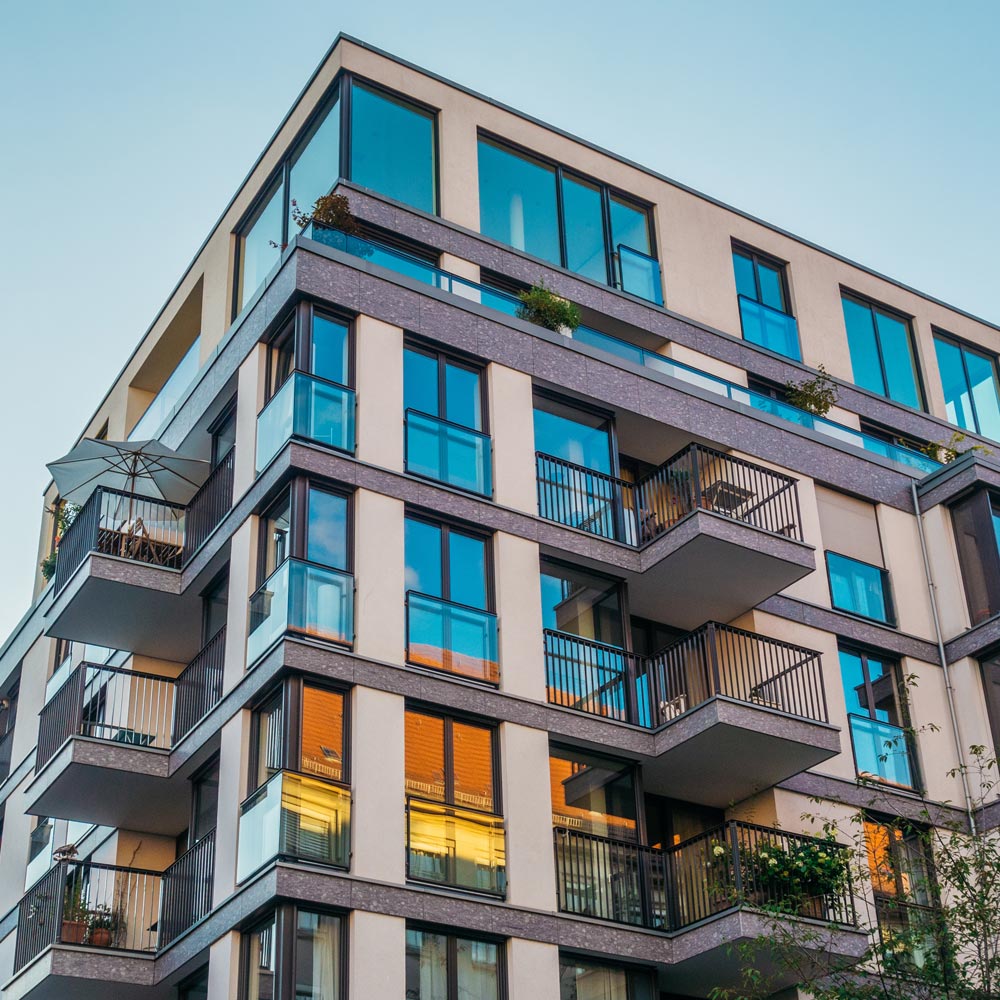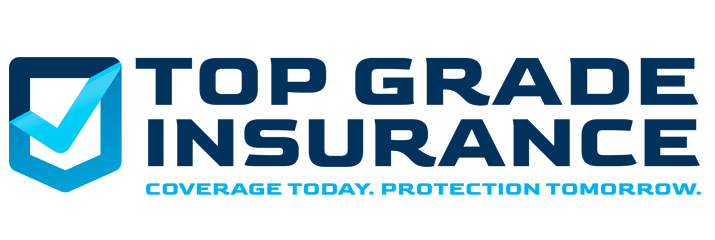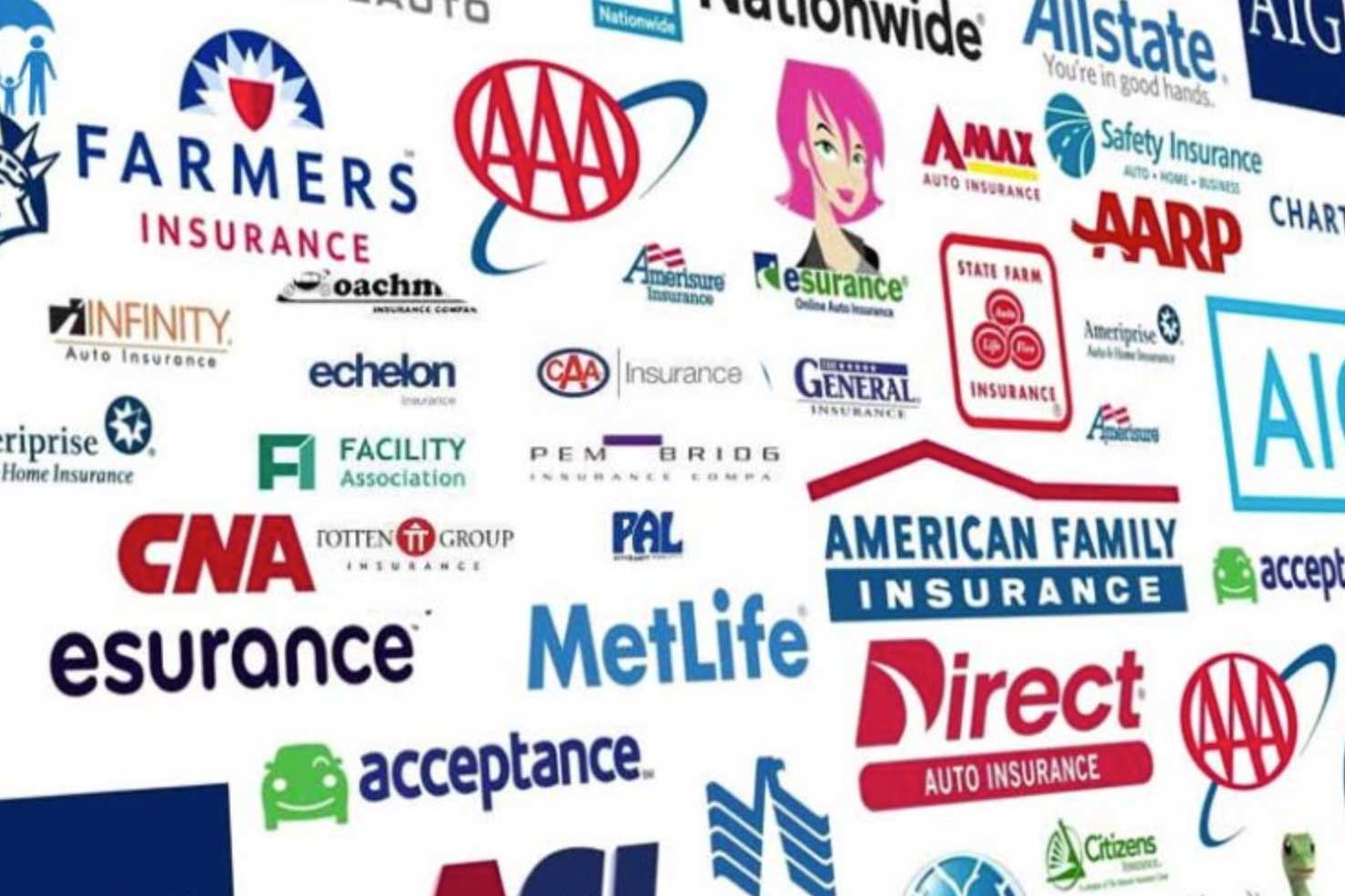Owning rental property is a huge financial milestone, and you want to protect your investment as much as possible. At Top Grade Insurance, we understand the unique risks of owning rental property.

Get your rental property covered
We understand that every rental property is unique. Accordingly, we aspire to help you safeguard it in the long term.

Our Coverage Options
Our landlord home insurance packages are designed for property owners renting residential units.
This policy covers damage to your property's structure, including the building and attached structures like garages. Property damage policies typically cover your property in case of vandalism, fire, or even storms.
This policy provides comprehensive coverage for medical expenses and legal costs arising from lawsuits. For instance, when a visitor or tenant gets injured on your property, our liability insurance will settle with them.
This coverage compensates you if your property is uninhabitable due to an insured event like fire, vandalism, or storms. The compensation covers the total lost income while undertaking repair work or renovation.
Standard landlord insurance policies don't include options like flood and emergency repairs insurance, but you can request them.
At Top Grade Insurance, we understand that every rental property is unique. Accordingly, we aspire to help you safeguard it in the long term. Our insurance agents are knowledgeable about different covers and offer expert insurance guidance every step of the way. Contact Top Grade Insurance Agency today to learn more about our policies and how you can better protect your rental property.
Frequently Asked Questions
- What is a deductible for Landlord Home
-
A deductible is what you pay before insurance helps. For example, with a $500 deductible on $2,000 damage, you pay $500. Insurance covers the remaining $1,500. Higher deductibles lower premiums but increase claim costs. Lower deductibles mean less out-of-pocket but higher premiums
- Will my tenants be responsible for any costs?
-
Your tenants are generally not responsible for any costs covered by your landlord insurance. Landlord insurance protects the property owner against damages to the building, liability claims, and lost rental income due to covered events. However, tenants are typically responsible for their own personal belongings and may need renters insurance to cover their possessions or liability for accidents they cause. If tenants damage the property, you may be able to recover those costs through their security deposit or legal action.
- What do I do if my tenant starts a fire?
-
If one of your tenants starts a fire, your landlord insurance should typically cover the damages to the building itself. This includes repairs to the structure and any loss of rental income while the property is being fixed, depending on your policy.
However, your tenant is usually responsible for damage to their own personal belongings, which would not be covered by your landlord insurance. In this case, they would need renters insurance to cover their losses. If the fire was caused by the tenant’s negligence, you may be able to pursue legal action to recover costs, or your insurance company may do so on your behalf. - What type of coverage do I need if I have over 100 tenants?
-
If you have over 100 tenants, you'll need comprehensive landlord insurance that provides robust protection. Key coverages to consider include:
Property Damage Coverage: This covers the cost of repairs to the building if it’s damaged by events like fire, storms, or vandalism.
Liability Insurance: With a large number of tenants, the risk of accidents or injuries increases. High-limit liability coverage protects you in case of lawsuits or claims if someone is injured on your property.
Loss of Rental Income: This coverage compensates you for lost income if your property becomes uninhabitable due to covered damages like fire or flood, ensuring you maintain cash flow even during repairs.
Umbrella Insurance: For large properties with many tenants, consider umbrella insurance for extra liability protection that goes beyond standard policy limits.
Building Ordinance Coverage: This covers the cost of bringing an older building up to current code after damage, which is especially important in larger properties.
Tenant Default Insurance (Optional): Protects against loss of rental income if tenants fail to pay rent.
At Top Grade Insurance, we can tailor coverage to the specific risks associated with managing a large property with multiple tenants.
 Get Detailed Quote
Get Detailed Quote 



















